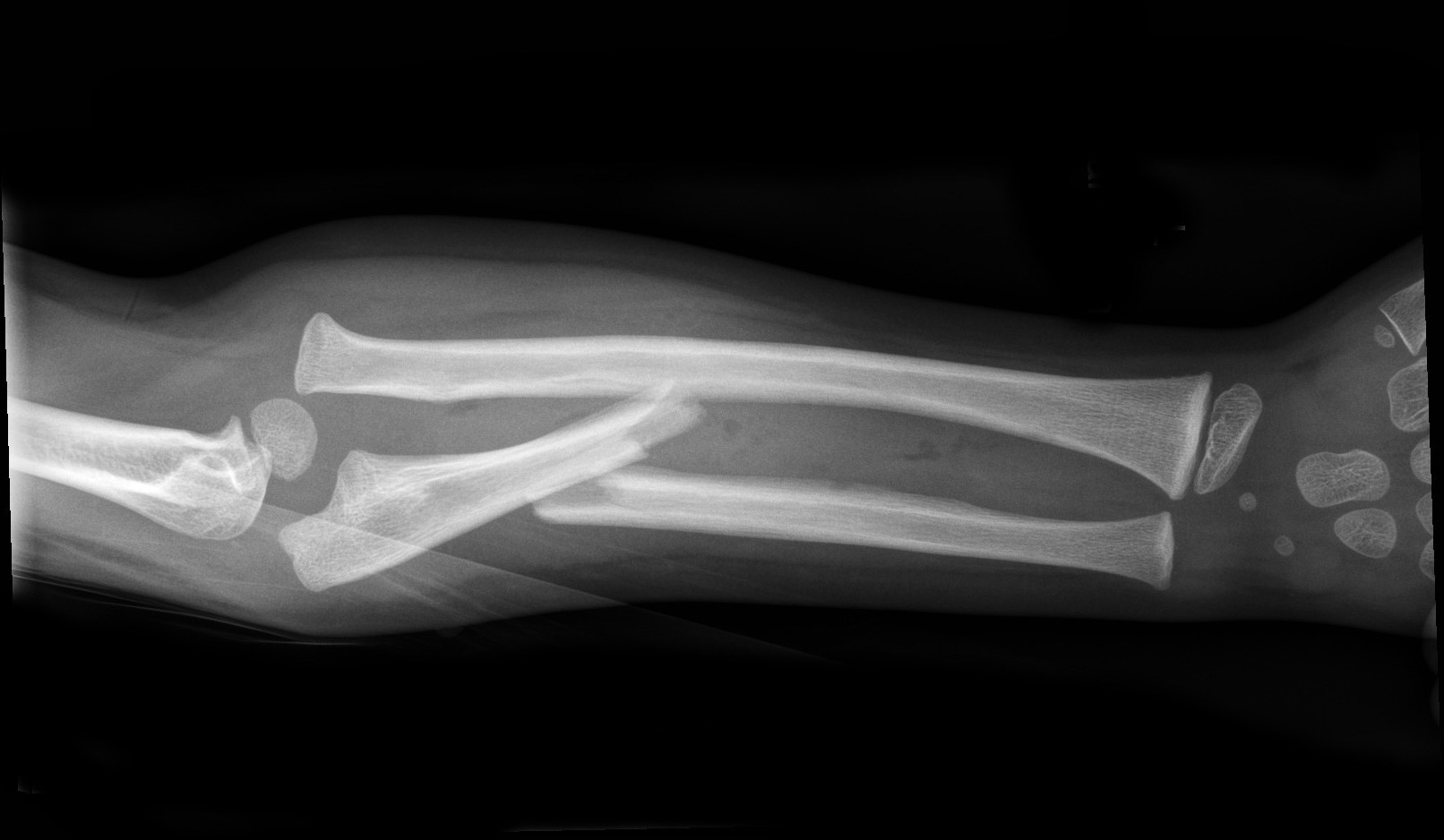Oops. Sorry, the page you tried cannot be found.

You have been redirected here because the page you are trying to reach does not exist. Please check the address in your browser and try again.
Alternatively you may find what you are looking for by:
- Using the “Search this site” function located at the top right of the Home page
- Visiting the Sitemap
- If you believe that there is a problem with our website, please let us know by emailing us.
- For any further queries please contact us.